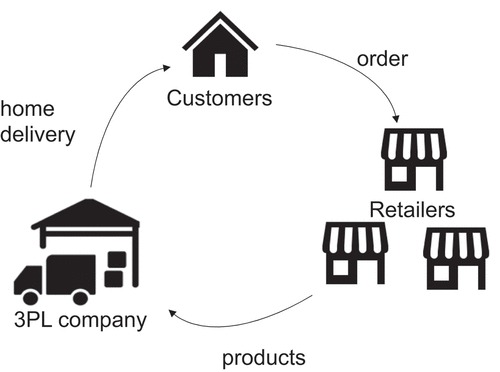The demand for skilled educators in the field of TESOL continues to grow globally. With English being the de facto international language of business, science, and technology, the ability to teach it effectively is more valuable than ever. A master’s in TESOL offers educators specialized knowledge, advanced teaching methods, and a cultural understanding necessary to thrive in diverse classrooms. Moreover, such a qualification can unlock doors to career advancement and increased earning potential. Below, we explore the numerous benefits of obtaining a master’s degree in TESOL.
The Value of Specialization: How a Master’s in TESOL Shapes Expert Educators
A master’s in TESOL renders a teacher not just a generalist, but a true specialist in their field. The depth and breadth of study in linguistics, pedagogical theories, and instructional strategies specific to English language teaching create a foundation of expertise that goes beyond what a bachelor’s degree offers. Educators become adept at tailoring lessons to meet the unique needs of English language learners (ELLs), a skill that is in high demand.
Professional development is ongoing in the life of a teacher. Pursuing a master’s degree often includes opportunities for research and practice that refine an educator’s skill set. Educators can dive into niche areas of interest, such as language assessment or digital literacy, and emerge as leaders prepared to implement innovative practices in their classrooms. This specialized knowledge sets them apart in the job market and in their professional communities.
Furthermore, a masters in TESOL online program provides convenience and flexibility for working educators. The ability to engage with advanced coursework and interact with a global cohort of peers online allows for professional growth without sacrificing current teaching responsibilities. This mode of learning accommodates the busy schedules of educators and ensures a rich exchange of international perspectives.
Mastering Multicultural Communication in TESOL Classrooms
In TESOL, educators engage with students from a multitude of cultural and linguistic backgrounds. A master’s degree delves into cross-cultural communication, preparing educators to navigate cultural nuances and foster inclusive learning environments. Respect for diversity becomes the cornerstone of a successful multilingual classroom, ensuring all students are valued and supported.
Teachers with advanced TESOL training learn to recognize and address the sociolinguistic challenges ELLs face. They become adept at incorporating culturally responsive teaching methods that resonate with students and facilitate better learning outcomes. Moreover, language is explored not only as a communication tool but also as a carrier of cultural identity, which an effective TESOL educator must honor and celebrate.
Ultimately, mastering multicultural communication in TESOL classrooms shapes empathetic educators. This empathy is conveyed through lesson planning, teaching methodologies, and everyday interactions, creating a nurturing environment where all students can thrive irrespective of their cultural or linguistic origins.
The Role of a Master’s in TESOL in Fostering Educational Innovation
Stagnation is the enemy of progress, and nowhere is this more evident than in education. A master’s degree in TESOL empowers educators to be at the forefront of pedagogical innovation, exposing them to the latest research and emerging language education technologies. Teachers engage with contemporary issues, such as digital literacy, and learn how to integrate these tools effectively into their curriculum.
Advanced TESOL programs also place emphasis on curriculum development and the critical evaluation of educational materials. Educators are trained to not just use, but also create cutting-edge learning resources tailored to the needs of diverse learners. With a master’s degree, educators are more adept at employing a research-driven approach to improving educational practice.
Exploring the Financial and Personal Rewards of a TESOL Career
The pursuit of a master’s in TESOL is not just a professional decision; it’s an investment in one’s future. Financially, advanced credentials frequently lead to a higher salary bracket. Many educational institutions, especially in higher education, offer increased pay to those with master’s degrees. For TESOL educators, this can contribute to a more comfortable and secure livelihood.
On a personal level, teaching is a rewarding profession. Working with ELLs offers a sense of fulfillment that comes from making a tangible difference in students’ lives. TESOL educators help learners unlock opportunities by providing them with the key skill of English proficiency. The personal satisfaction derived from students’ success stories often becomes a motivator in itself.
Overall, earning a master’s in TESOL can be a transformative experience for both educators and learners alike. The journey enriches the teaching profession with specialized knowledge, encourages educational progress, and provides personal and financial rewards that can last a lifetime.






